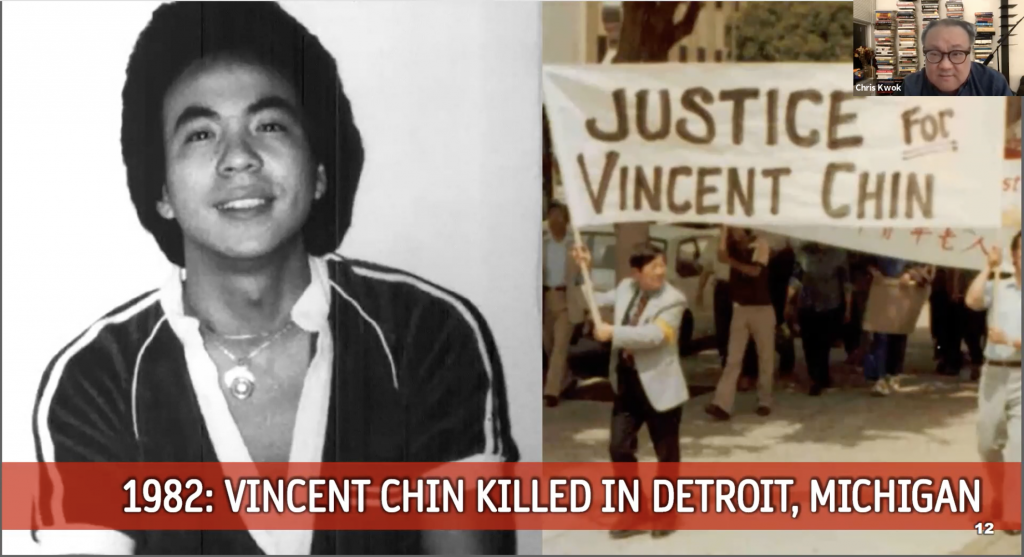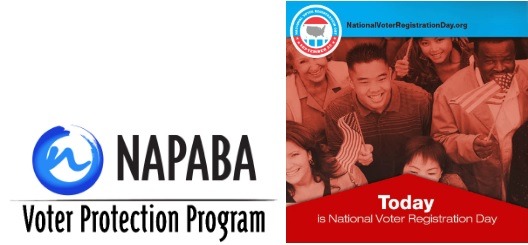
| For Immediate Release: Date: August 28, 2024 | Contact: Maureen Gelwicks, Deputy Executive Director |
NAPABA Honors Don Liu with the NAPABA INSPIRE Award
WASHINGTON – The National Asian Pacific American Bar Association (NAPABA) is proud to announce that Don Liu, who recently announced his retirement as Chief Legal and Compliance Officer of Target Corp., will receive the NAPABA INSPIRE Award. The NAPABA INSPIRE Award is presented to individuals who have made extraordinary contributions of national significance towards achieving representation and influence for Asian Americans, Native Hawaiians, and Pacific Islanders (AANHPIs) in the legal profession and society. The NAPABA INSPIRE Award has been awarded only twice in NAPABA’s history — the first time to former Chief Justice Tani Cantil-Sakayue of the California Supreme Court in 2010, and the second to George Takei, actor, author, and activist, in 2016.
Don Liu, a nationally renowned leader and legal counsel for several of the Nation’s most recognized corporations, has made a steadfast, lifelong commitment to ensuring that AANHPI attorneys can thrive and advance to the highest levels of the legal profession. He co-founded NAPABA’s 10X10 Initiative and later the 20X20 Initiative, originally designed as an aspirational “stretch” five-year effort to place 20 AANHPI General Counsels at Fortune 500 companies by 2020. The initiative was so successful that it inspired the current 50X25 Initiative and the development of the Hispanic National Bar Association’s Poder 25 Initiative, for which Don serves as a strategic advisor. Don Liu founded NAPABA’s In-House Counsel (IHC) Network, served as its first chair, spearheaded the creation of NAPABA’s IHC Summit and IHC Mentoring Program and continues to be active in its programs. Under Don’s leadership, the IHC Network has assisted countless AANHPI attorneys in gaining greater professional visibility and helped promote countless AANHPI lawyers into senior in-house counsel positions.
“Don Liu recognized early on his career that the barriers he faced as a young attorney can be overcome, and he helped build an entire infrastructure to steer and guide AANHPI lawyers on a path to success,” said Anna Mercado Clark, President of NAPABA. “The NAPABA INSPIRE Award is a testament to Don’s dedication to increasing diversity in the profession, his courage in standing up for a more just society, creativity and vision, and his relentless dedication in mentoring hundreds of young attorneys.”
The NAPABA INSPIRE Award also recognizes Don Liu’s contributions towards improving our community on a national scale. Responding to the overwhelming need to deliver legal services to victims, Don Liu, together with several Asian American leaders within the legal profession, founded the Alliance for Asian American Justice. The Alliance brought together the collective power of both large law firms and legal departments to form a pro bono legal services network dedicated to ensuring that victims of hate would receive the legal assistance that they need. It provided opportunities not only for firms, but also for corporations to join the collective effort opposing anti-Asian hate. For these reasons and many more, NAPABA is privileged to recognize the incredible work and dedication of Don Liu with the NAPABA INSPIRE Award.
NAPABA will formally present the award during the Gala at the 2024 NAPABA Convention in Seattle on Saturday, November 9.
###
The National Asian Pacific American Bar Association (NAPABA) represents the interests of over 80,000 Asian Pacific American (APA) legal professionals and nearly 90 national, state, and local APA bar associations. NAPABA is a leader in addressing civil rights issues confronting Asian American, Native Hawaiian, and Pacific Islander communities. Through its national network, NAPABA provides a strong voice for increased diversity of the federal and state judiciaries, advocates for equal opportunity in the workplace, works to eliminate hate crimes and anti-immigrant sentiment, and promotes the professional development of people of all backgrounds in the legal profession.




